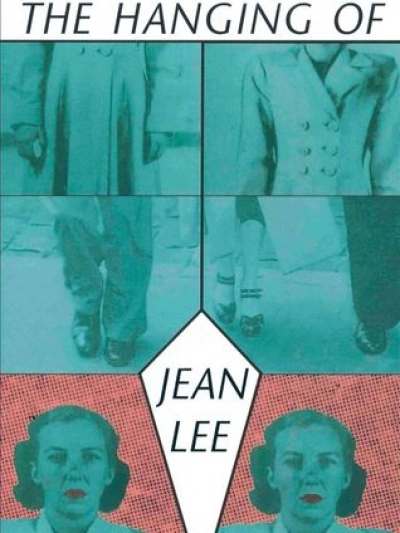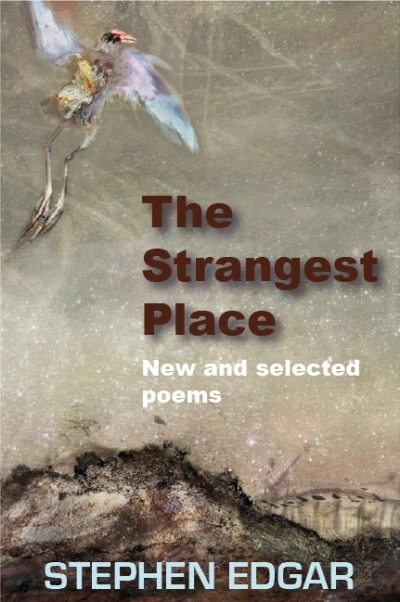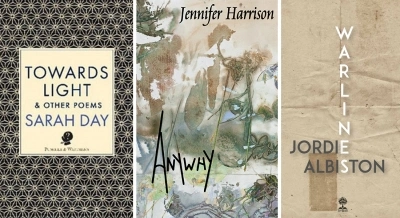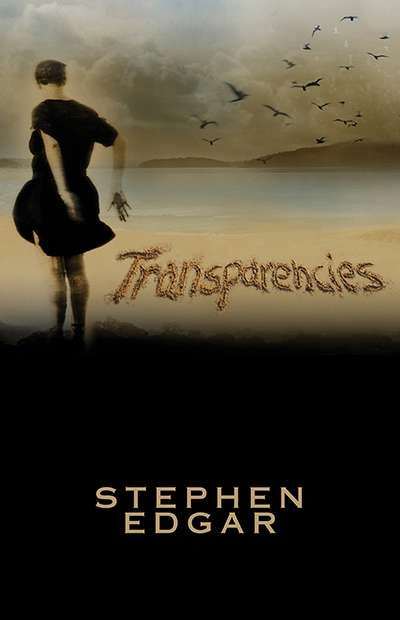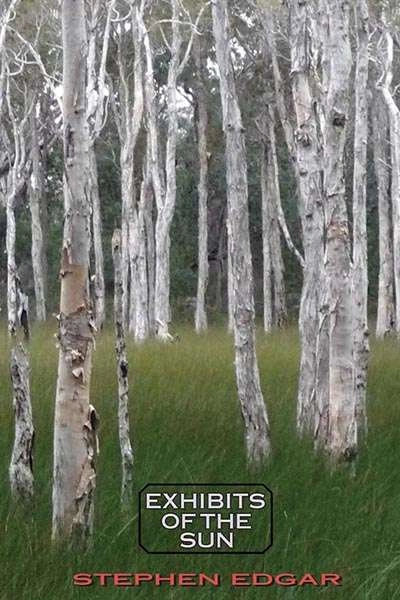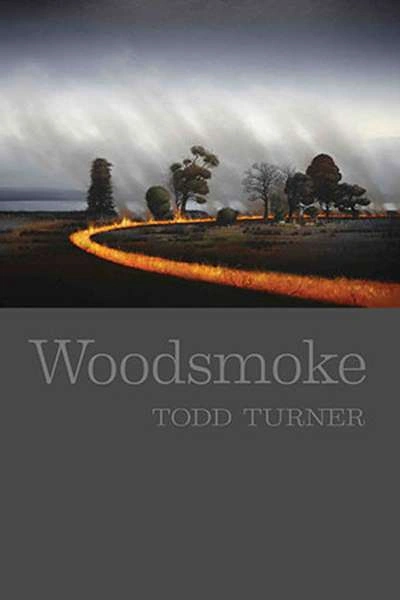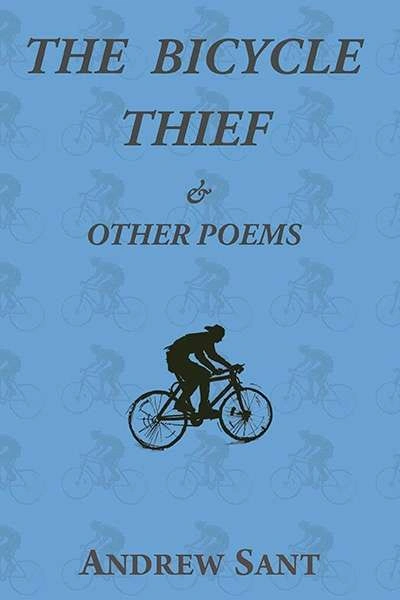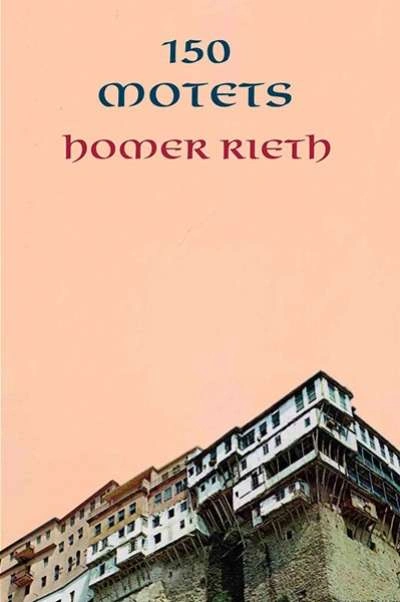Black Pepper
Award-winning Louis de Paor, in the spirit of many of his literary compatriots, has produced his best work out of being away from Ireland. Cork and Other Poems, a bilingual collection, celebrates the presence of memory, the confrontation of points of departure. Although his luxurious rhymes in Irish are lost in English, his similes (‘The back of the car’ ‘watertight as a fish’s arse’) and kennings (‘sky-horse’, meaning plane) maintain a resilient life even in translation. Some images are plainly original. Others are held up by mythology, as in ‘The Pangs of Ulster’ and ‘Heredity’. De Paor’s poems remind me of what Bernard O’Donoghue and Chris Wallace-Crabbe said, respectively, of Seamus Heaney’s poetry-steeped in ‘northern Bog-myths’, ‘notably muddy’. This is a remarkable world of rain and birth, fetches and the supra-natural, marsh and sinking. But in this book, his third collection, de Paor’s startling, terse narratives have ‘sweetened the underground dark’ of family, love and homecoming. The language is fluid and urgent, exemplified in ‘Oisn’ and ‘Nanbird’. While he considers the particular through the lens of myth, his true ground is the specific, the faith in individual comprehension, where, when I ‘set foot on the ground / I [see] my reflection / brought down to size.’
... (read more)Toby Davidson’s first collection, Beast Language, was published nine years ago. That feels surprising: its freshness then makes it feel more recent now. Much of the movement in that book is present in his new collection, Four Oceans (Puncher & Wattmann, $25 pb, 93 pp), literally so, as we begin with a long sequence aboard the Indian Pacific from Perth to Sydney. It’s his younger self again, leaving home for the ‘eastern states’, but with an esprit de l’escalier twist, as that younger self gets to see and describe everything with the eye and language of the older, freer, more assured Davidson.
... (read more)Sarah Day’s début collection, A Hunger to Be Less Serious (1987), married lightness of touch with depth of insight. In Towards Light & Other Poems (Puncher & Wattmann, $25 pb, 108 pp, 9781925780024), Day continues this project in poems concerned with light, a thing presented as both ...
... (read more)

